Winter Savings Alert: 6 Devices You Must Get Rid of to Lower Your Energy Costs
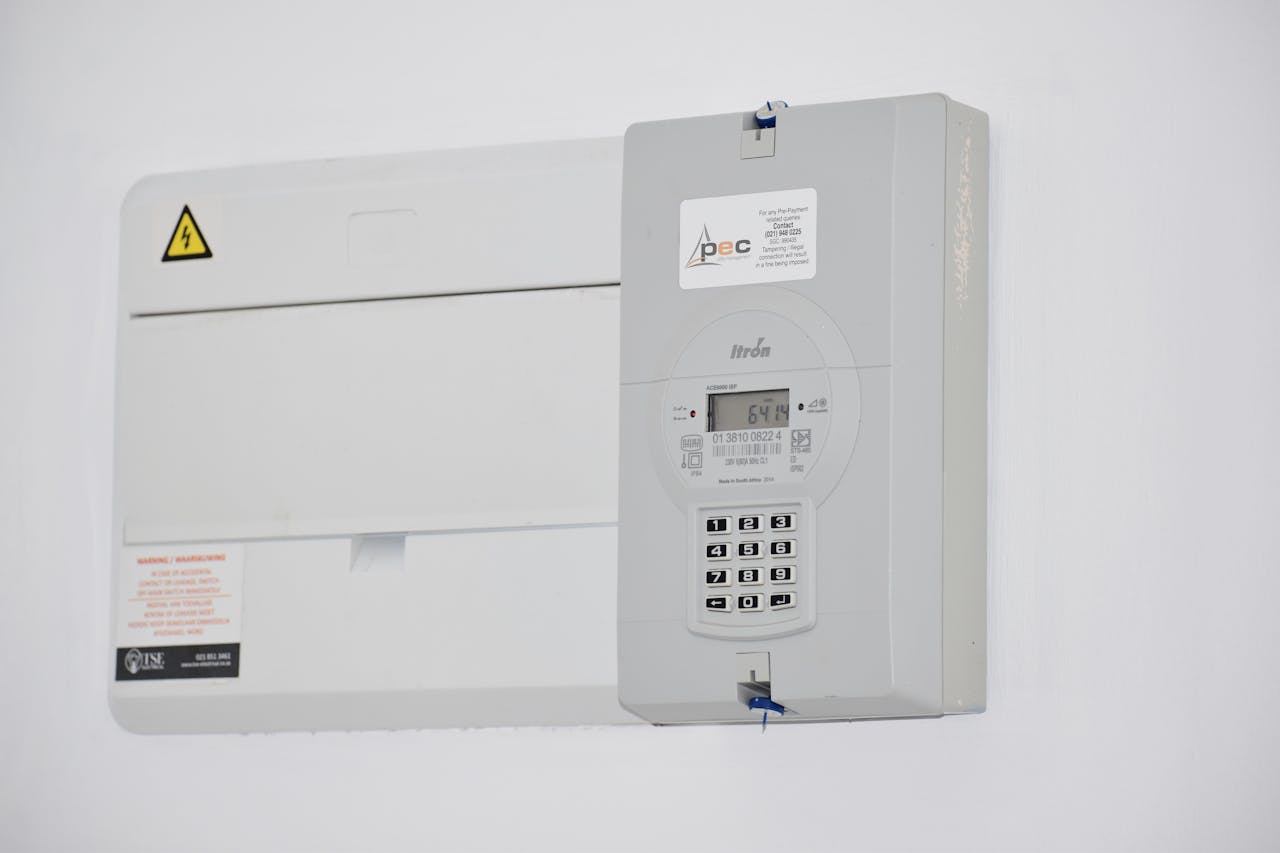
As the temperatures drop and winter approaches, it’s essential to be mindful of your energy costs. With heating bills on the rise, it’s time to take a hard look at the devices in your home that may be driving up your expenses. Many household items can be surprisingly energy-hungry, contributing to high utility bills. In this article, we will highlight six devices you should consider getting rid of or replacing to maximize your energy savings this winter. Let’s dive into these energy guzzlers and explore how you can create a more efficient home while keeping those costs down!
1. Old Refrigerators
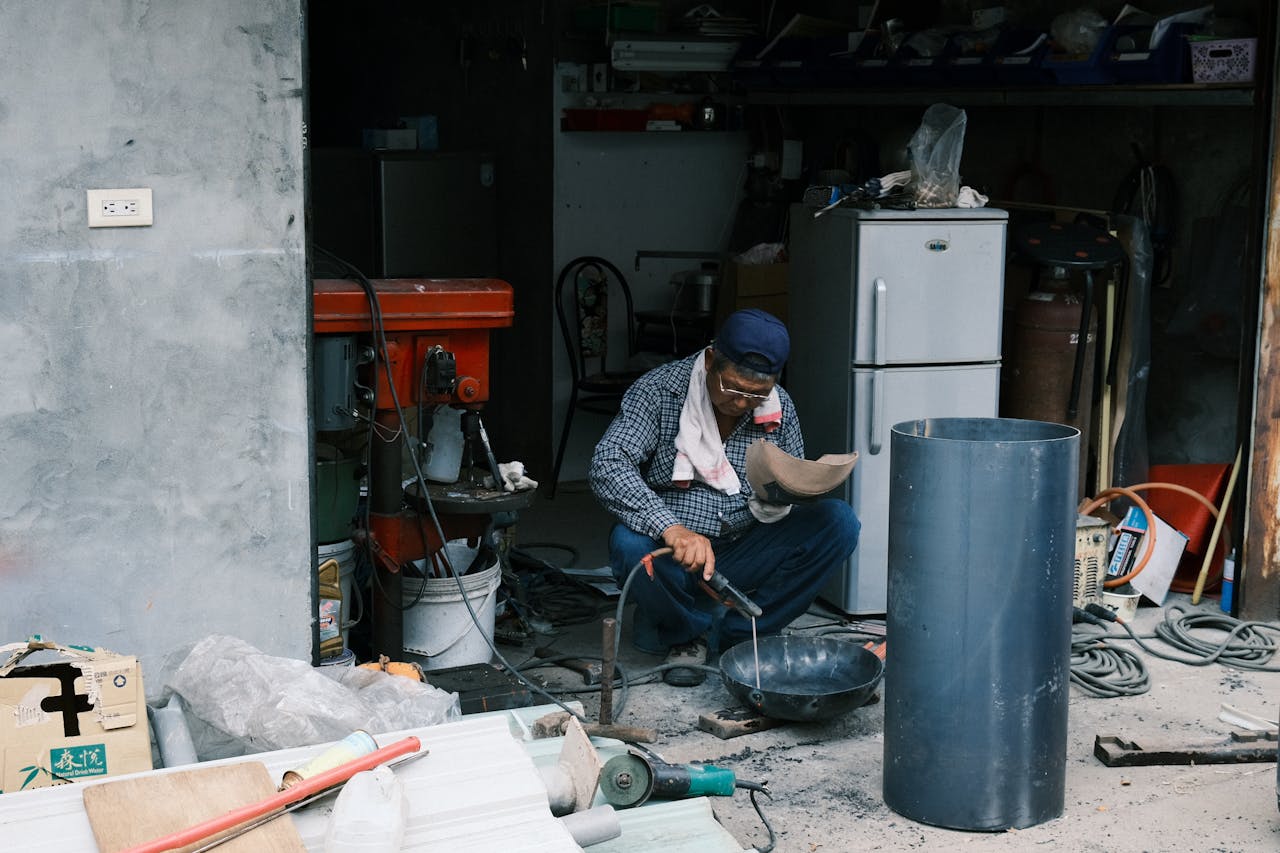
Old refrigerators are notorious for being energy vampires, consuming far more electricity than their modern counterparts. If your fridge is over ten years old, it’s likely time for an upgrade. Newer models are designed to be much more energy-efficient, using advanced technology that not only helps preserve your food but also reduces your energy bills. Energy Star-rated refrigerators can use 15% less energy than non-rated models, translating to significant savings over time. Plus, with many sleek designs available, a new refrigerator can also enhance the aesthetic appeal of your kitchen. By saying goodbye to that old energy hog, you can enjoy fresher food and lower bills all winter long.
2. Inefficient Space Heaters
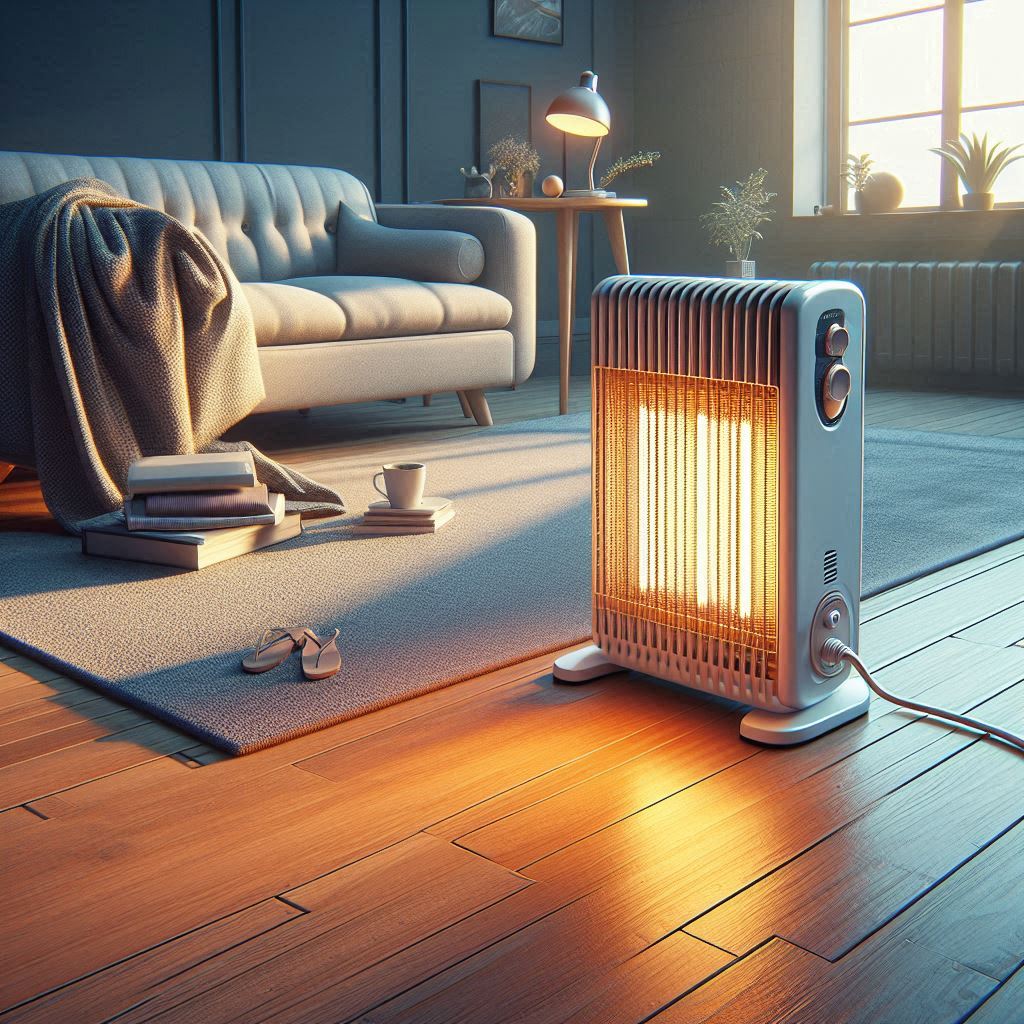
While space heaters can provide immediate warmth to specific areas of your home, many older models are inefficient and waste energy. Traditional resistive heaters can drive up your electricity bill, particularly if they’re used frequently. Instead of relying on a space heater, consider investing in a newer model that utilizes infrared or ceramic technology. These advanced heaters provide more targeted warmth while consuming less energy. Additionally, consider improving your home’s insulation and sealing drafts to maintain a comfortable temperature without the constant need for supplemental heating. Eliminating inefficient space heaters from your routine can lead to noticeable savings during the cold months.
3. Conventional Light Bulbs
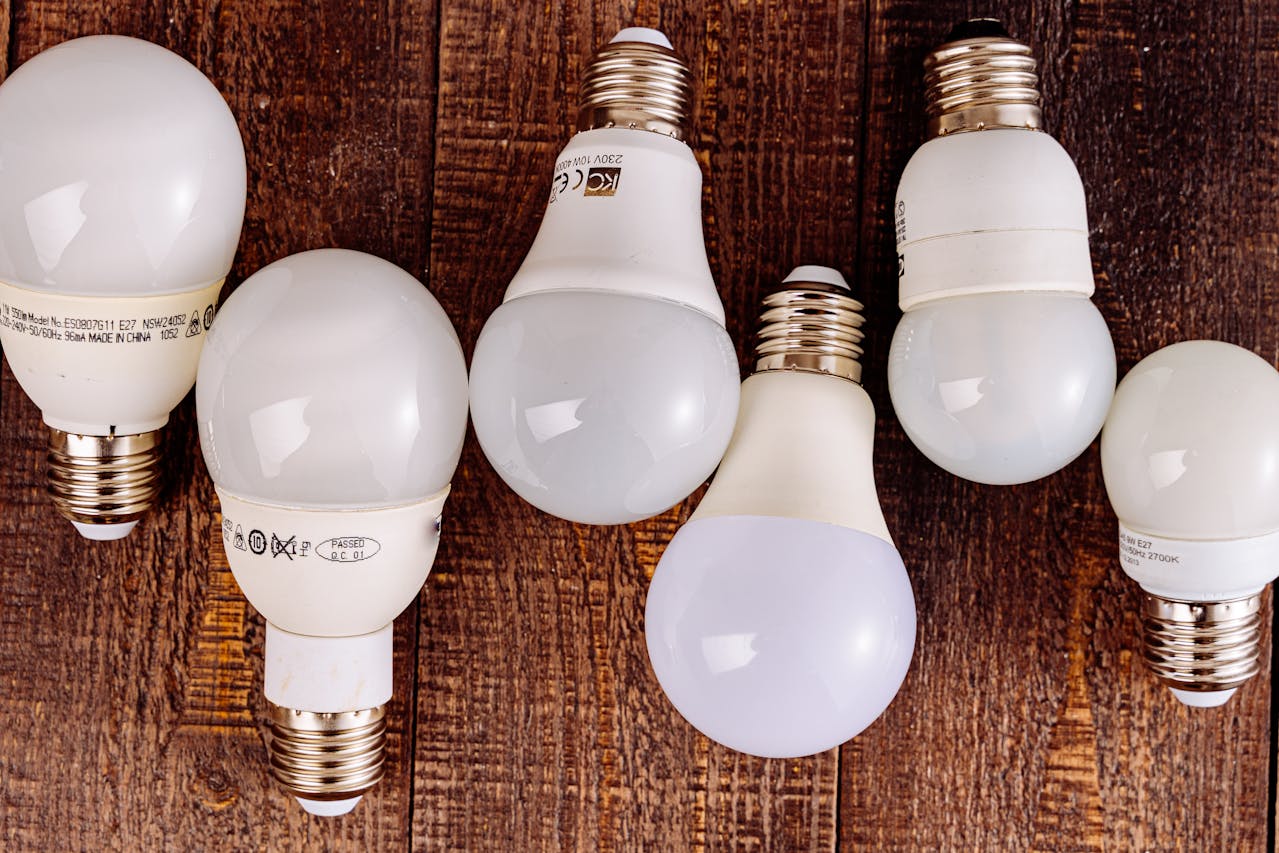
Conventional incandescent light bulbs are being phased out for a reason—they consume a lot of energy and have a short lifespan. Replacing these outdated bulbs with energy-efficient LED lights is one of the easiest and most effective ways to lower your energy costs. LEDs use up to 80% less energy and can last up to 25 times longer than incandescent bulbs, resulting in significant savings on both energy and replacement costs. With a wide range of options available, you can easily find LED bulbs that match the brightness and warmth of your old bulbs while making a positive impact on your energy bills. Ditching conventional light bulbs for LEDs not only saves you money but also reduces your carbon footprint.
4. Older Washing Machines
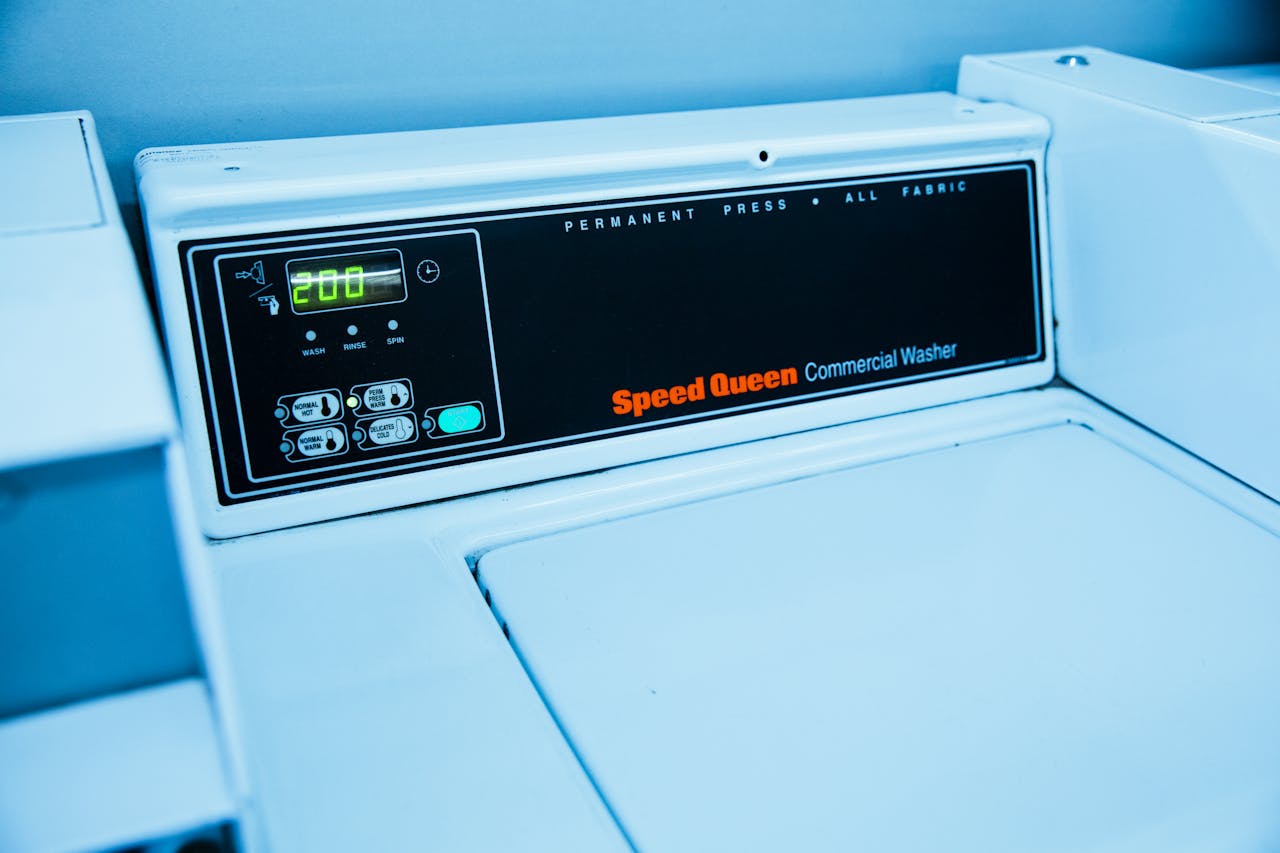
If your washing machine is more than a decade old, it could be one of the biggest culprits behind your high energy bills. Older washing machines tend to use a significant amount of water and energy to get the job done. Newer, energy-efficient models use advanced technology to clean your clothes effectively while conserving water and electricity. Look for washing machines with the Energy Star label, as they use around 25% less energy and 33% less water than standard models. By upgrading to a modern washer, you’ll not only save money on your utility bills but also contribute to a more sustainable future. This winter, consider making the switch to a more efficient washing machine to help you save both energy and money.
5. Outdated Water Heaters
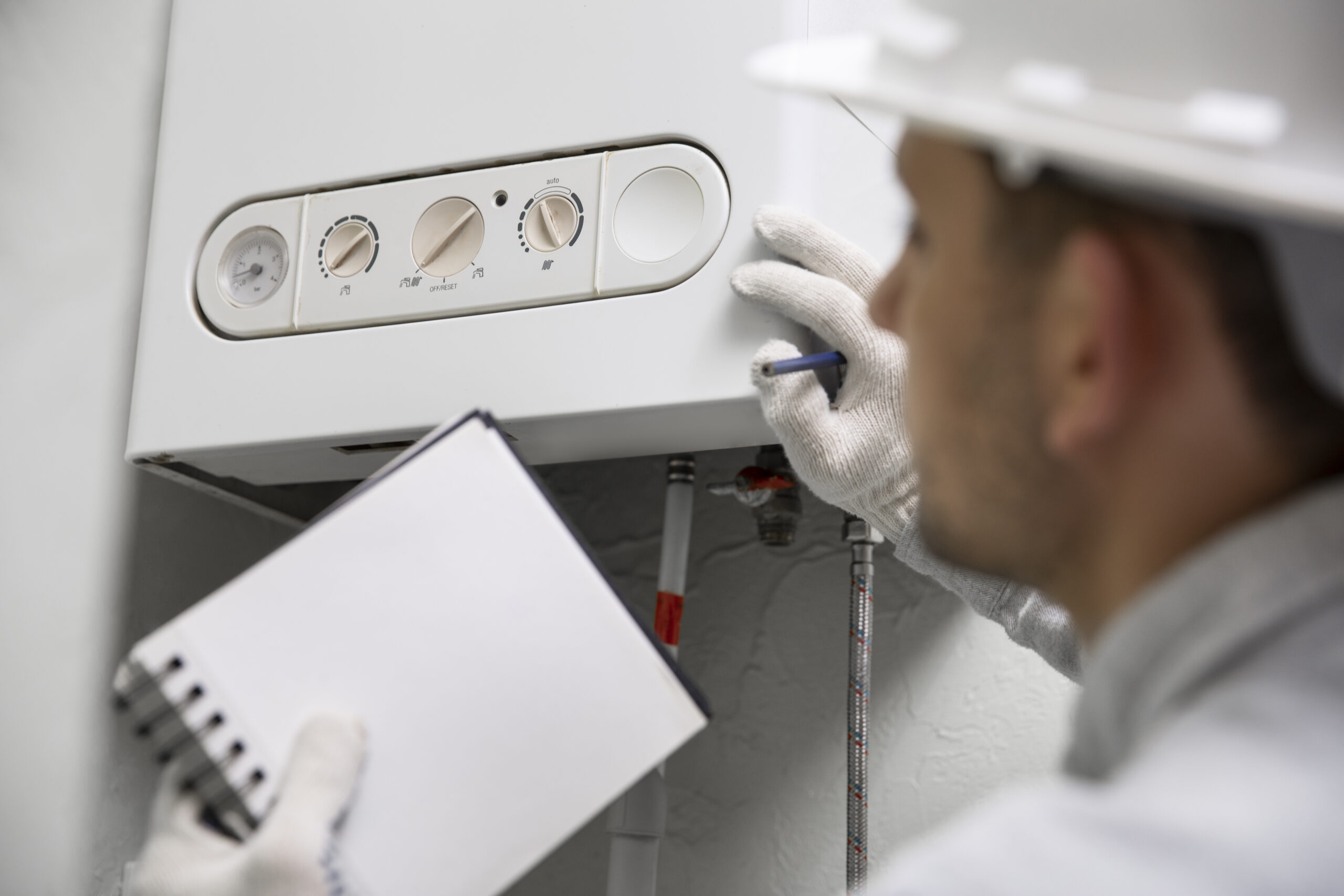
Water heaters can account for a significant portion of your energy costs, especially if you have an older unit. Traditional tank water heaters often waste energy by keeping a large volume of water heated constantly, even when it’s not in use. Upgrading to a tankless water heater can save you money by heating water only when needed, eliminating standby heat loss. Tankless models are generally more efficient and can provide a continuous supply of hot water for your household. While the initial investment may be higher, the long-term savings on your energy bills make it a worthwhile upgrade. This winter, consider replacing that outdated water heater to enjoy instant savings and a reliable hot water supply.
6. Old Thermostats
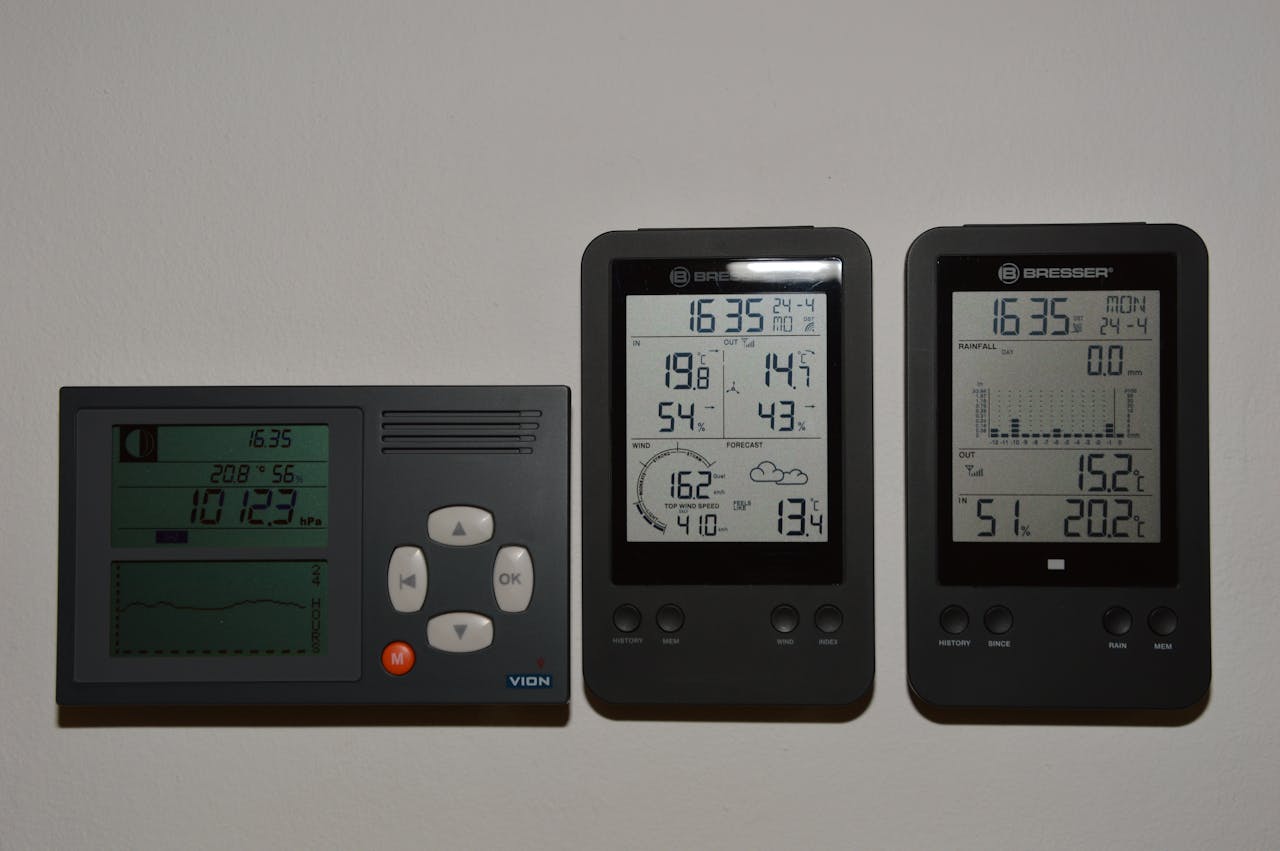
Thermostats play a crucial role in regulating your home’s temperature, but if you’re still using a manual or old programmable thermostat, it’s time to upgrade. Smart thermostats offer advanced features that can significantly reduce your energy costs. They learn your schedule and adjust the temperature accordingly, optimizing your home’s heating when you’re present and saving energy when you’re away. Many smart thermostats can even be controlled remotely via smartphone apps, allowing you to make adjustments on the go. By replacing your old thermostat with a smart model, you can take control of your home’s heating, reduce energy consumption, and lower your winter bills.
Final Thoughts
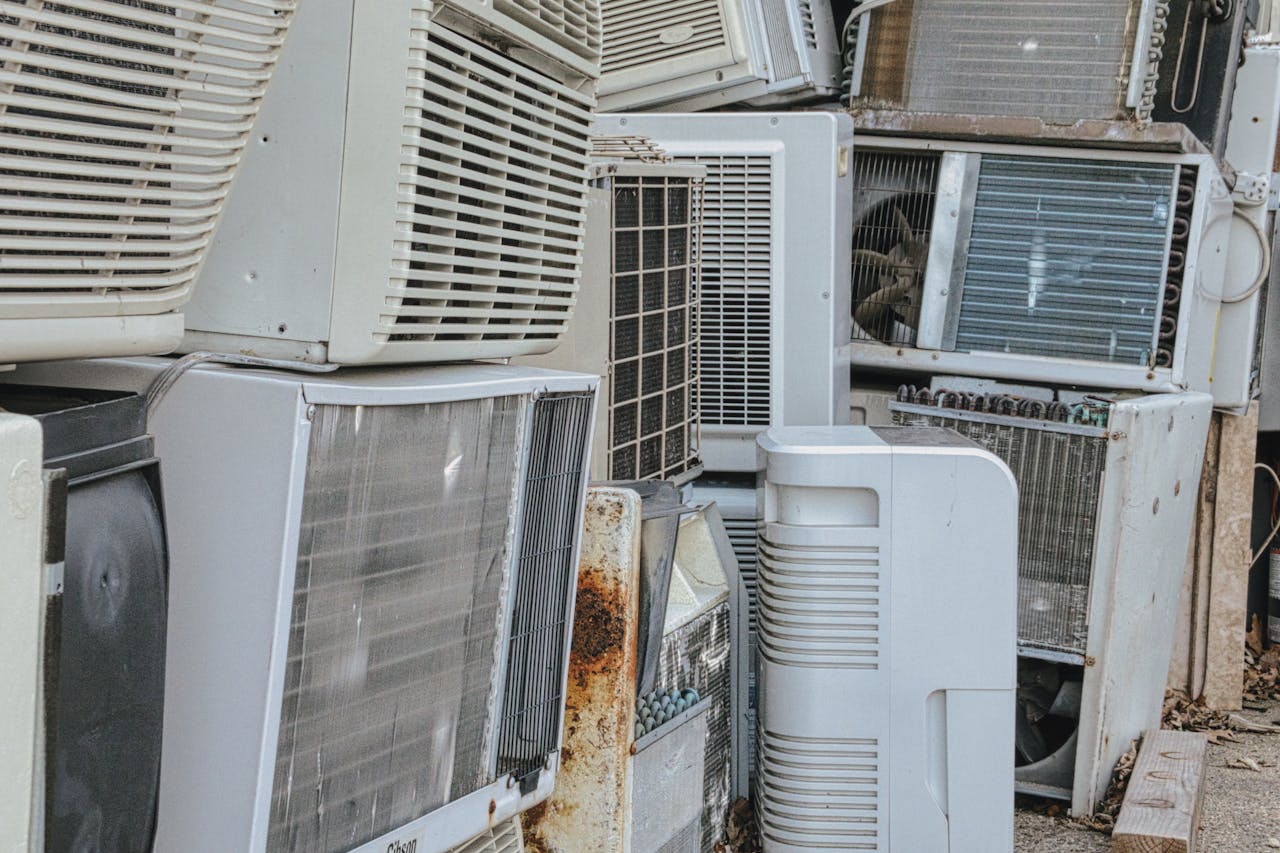
This winter, the need to cut down on energy costs has never been more pressing. By evaluating the devices in your home and eliminating those that contribute to high utility bills, you can significantly improve your energy efficiency and save money. From outdated refrigerators and inefficient space heaters to conventional light bulbs and old washing machines, each of these items can drain your wallet. Consider investing in newer, more efficient models to enjoy a cozy home without breaking the bank. Start your energy-saving journey today by addressing these devices, and you’ll be well on your way to enjoying a more sustainable and cost-effective winter season.
Leave a Reply